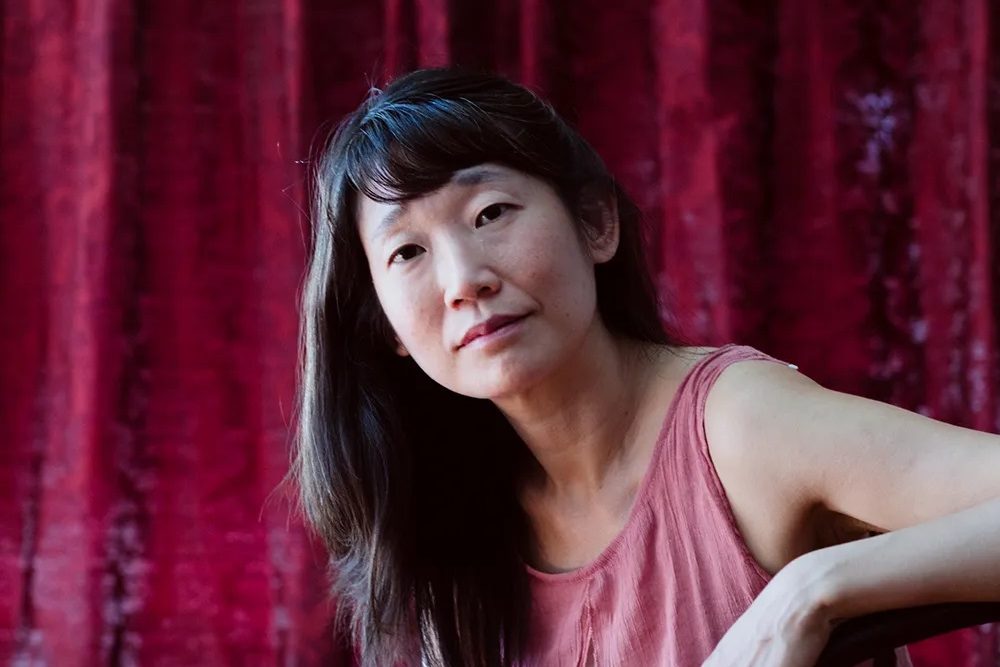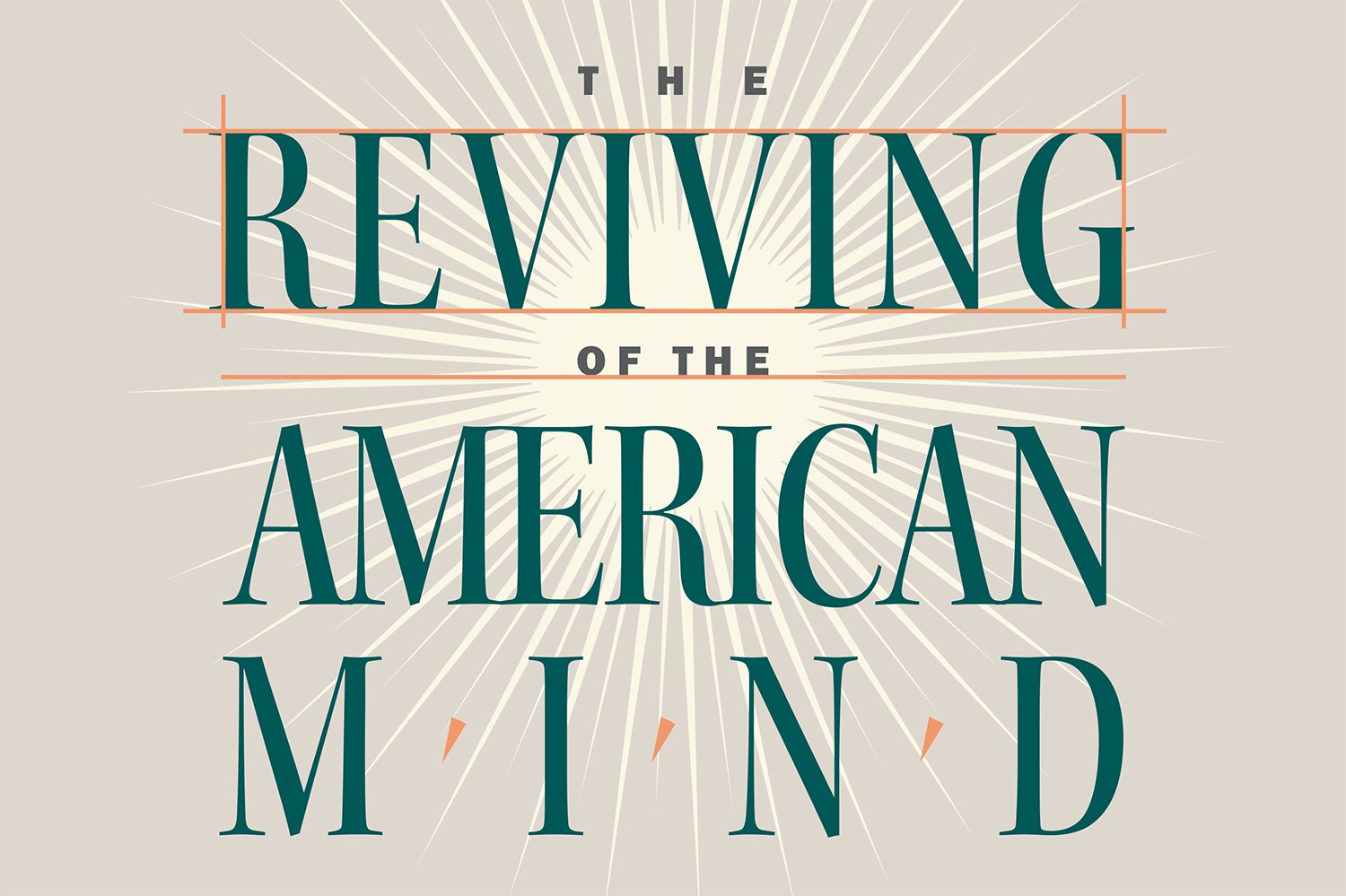Who was it who said good manners had gone the way of black-and-white TV? Actually it was yours truly after watching the slobs parading up and down Gstaad’s main street. That was last year, but the bad news is that this year Slobovia has come to stay again. Mind you, Alexandra and I had planned to have fifty friends for a party to celebrate fifty years of my enslavement, but Mister Omicron arrived and put a damper on our plans. The tent on the lawn and the oompah band were canceled. The good news is that there are still a few people who don’t adhere to the online culture of today, that of anger, incivility and non-stop use of the F-word.
For example, I received thank-you letters from two old Lawrenceville schoolboys who attended my Christmas party in the Bagel. Mark and Andrew are tall and good-looking, and were obviously brought up the right way because nowadays a thank-you letter is as rare as a virgin in Las Vegas. Mark and Andrew had just arrived when John Paulson walked in with his really beautiful girlfriend. The Lawrenceville boys encircled her like Panzers approaching Dunkirk.
John and I used to hang out together every night in old Au Bar times. Then we sort of lost touch. He bet against the prime in 2008 and made twenty billion big ones. Yep, twenty billion and it couldn’t happen to a nicer guy. Needless to say, lots of Bagelites now seek his company but John Paulson has remained cool and is still the way he was before he made his billions. Most people at my party had no idea who he was, and that suited him fine.
Late on New Year’s Eve here in the Alps Geoffrey Moore, along with his brother Christian and his beautiful wife Lara, dropped in and I had an early morning chat with Lara, whose dad, incidentally, is a wonderful man and reads this magazine. Unlike me, the Moore boys are not down on Gstaad by a long shot. I brought up the fact that a recent arrival in the village has been dispensing gifts to all and sundry. A ticket controller on a ski lift received a gold Rolex for helping this vulgarian get on it, and a female realtor got much more than that for finding him a rather nice place to live. This individual, who openly prefers boys to girls, has been spreading the wealth, something that works exceedingly well in Switzerland. If he is the one I’m thinking of, I met him while very drunk later that night at a friend’s house. He was big and blond and was giving orders. I was in an aggressive mood, which is unusual when pissed, and he sort of backed off after I tried to pick a fight. One thing that emerged from the altercation that never happened was that rudeness is on the rise.
Looking around, even here in peaceful Helvetia it seems as though many visitors are just itching with pent-up rage, so how does one respond to a world and a culture without civility? When I was a child, manners were as important as morals — in fact they mattered more. In America today incivility and rudeness are a way of life, despite all that “have a good day” bull. Being rude seems to be considered by some an expression of truth; women are aggressive or brag about being lesbian the way crude men used to boast about having bedded women.
Basically, it comes down to a lack of shame as well as dignity. Ever since Socrates, the meaning of accepted values has been questioned by good minds, but the woke orthodoxy of today threatens to undermine the very meaning of historical facts. Instead of learning about history and our past, young people today are taught about the sensitivities of the tiniest minorities, who determine the reality of the many.
There is a theory that students develop a greater capacity for empathy towards others by reading fiction rather than taking science courses. I agree with this, but I am in the minority. I believe that through studying, a young mind becomes more humane, whereas science makes one more robotic, with less moral insight. The majority thinks science has improved the world in a way no other branch of knowledge could. That is undeniably true, and yet the study of science has led to Facebook and Twitter and the internet, plagues that almost cancel out the medical strides it has also brought about. What do literature and scientific courses in school have to do with the rudeness I’m complaining about?
Everything. I can’t imagine a person who has read the Western canon being a slob and rude, whereas I can easily picture someone who spends his time looking at a computer turning into an antisocial freak like Dorsey or Zuckerberg. I know, I know, it’s a stretch, but then Professor Taki is known for his prejudices more than for literature’s bottom line.
Just as what I’ve just written makes little sense, so does the fact that people are getting ruder by the minute, even in this once upon a time peaceful village for the wellborn but also for the well-behaved. See you in class.
This article was originally published in The Spectator’s March 2022 World edition.

























